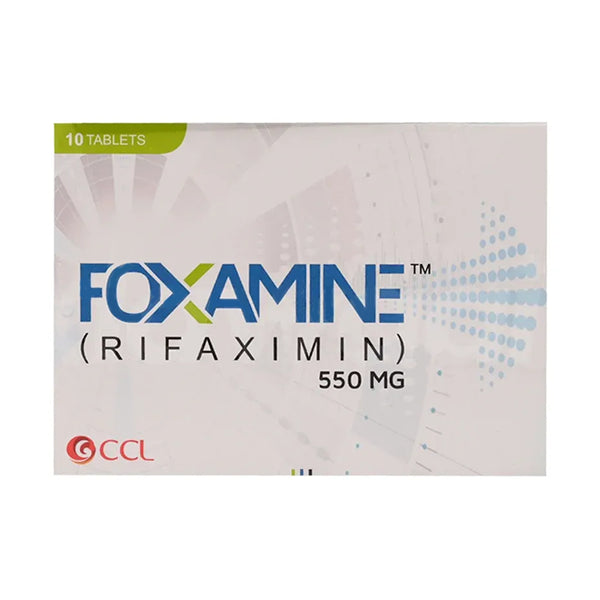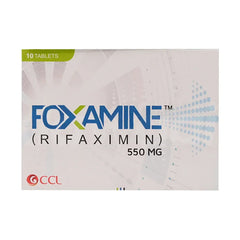- Choosing a selection results in a full page refresh.
Need Help?
03444440083


Couldn't load pickup availability
standard shipping charges on order is Rs 200
You may return most new, unopened items within 3 days of delivery for a full refund.
You should expect to receive your refund within four weeks of giving your package to the return shipper, however, in many cases you will receive a refund more quickly. This time period includes the transit time for us to receive your return from the shipper (5 to 10 business days), the time it takes us to process your return once we receive it (3 to 5 business days), and the time it takes your bank to process our refund request (5 to 10 business days).
If you need to return an item, simply login to your account, view the order using the "Complete Orders" link under the My Account menu and click the Return Item(s) button. We'll notify you via e-mail of your refund once we've received and processed the returned item.
Lorem ipsum dolor sit amet, consectetur adipiscing elit, sed do eiusmod tempor incididunt ut labore et dolore magna aliqua. Ut enim ad minim veniam, quis nostrud exercitation ullamco laboris nisi ut aliquip ex ea commodo consequat. Duis aute irure dolor in reprehenderit in voluptate velit esse cillum dolore eu fugiat nulla pariatur. Excepteur sint occaecat cupidatat non proident, sunt in culpa qui officia deserunt mollit anim id est laborum.
Specification
Requires Prescription (YES/NO)
Yes
Generics
Rifaximin
Used For
Bacterial Infection
How it works
Rifaximin acts by binding to the beta-subunit of bacterial DNA dependent RNA polymerase resulting in inhibition of bacterial RNA synthesis. Rifaximin has been shown to be active against the non invasive strain of Escherichia coli (enterotoxigenic and enteroaggregative strains). Rifaximin is believed to affect gut bacteria resulting in a decreased production and/or absorption of bacterial derived neurotoxins, including ammonia, responsible for the neurocognitive and neuromuscular dysfunction seen in patients with Hepatic Encephalopathy.
Usage And Safety
Dosage
Rifaximin
Side Effects
Traveler’s Diarrhea : Common : Flatulence, headache, abdominal pain, rectal tenesmus, defecation urgency, nausea, constipation, pyrexia, vomiting. Uncommon : Lymphocytosis, monocytosis, neutropenia, ear pain, motion sickness, tinnitus, abdominal distension, diarrhea, dry throat, fecal abnormality, gingival disorder, inguinal hernia, dry lips, stomach discomfort, chest pain, fatigue, malaise, pain, weakness, dysentery, respiratory tract infection, upper respiratory tract infection, sunburn, aspartate aminotransferase increased, blood in stool, blood in urine, weight decreased, anorexia, dehydration, arthralgia, muscle spasms, myalgia, neck pain, abnormal dreams, dizziness, migraine, syncope, loss of taste, insomnia, choluria, dysuria, hematuria, polyuria, proteinuria, urinary frequency, dyspnea, nasal passage irritation, nasopharyngitis, pharyngitis, pharyngolaryngeal pain, rhinitis, rhinorrhea, clamminess, rash, sweating increased, hot flashes.Hepatic Encephalopathy : Common : Peripheral edema, nausea, dizziness, fatigue, ascites, muscle spasms, pruritus, abdominal pain, abdominal distension, anemia, cough, depression, insomnia, nasopharyngitis, upper abdominal pain, arthralgia, back pain, constipation, dyspnea, pyrexia, rash. Uncommon : Vertigo, lower abdominal pain, abdominal tenderness, dry mouth, esophageal variceal bleed, stomach discomfort, chest pain, generalized edema, influenza like illness, pain, cellulitis, pneumonia, rhinitis, upper respiratory tract infection, confusion, fall, procedural pain, weight increased, anorexia, dehydration, hyperglycemia, hyperkalemia, hypoglycemia, hyponatremia, myalgia, pain in extremity, amnesia, disturbance in attention, hypoesthesia, memory impairment, tremor, confusional state, epistaxis, hypotension.
Drug Interactions
CYP3A4 substrates , rifamycins , substrate of P-glycoprotein.
Indication
To reduce the development of drug-resistant bacteria and maintain the effectiveness of Rifaximin and other antibacterial drugs, Rifaximin when used to treat infection should be used only to treat or prevent infections that are proven or strongly suspected to be caused by susceptible bacteria.
When not to Use
Rifaximin is contraindicated: - In patients with a hypersensitivity to rifaximin, any of the rifamycin antimicrobial agents, or any of the excipient of product. -During pregnancy and in women of childbearing potential not using contraception. - In -the treatment of traveler’s diarrhea caused by invas ive enteric pathogens such as Campylobacter, Salmonella and Shighella, which typically produce dysentery-like diarrhea characterized by fever , blood in the stool and high stool frequency.
Precautions
Precaution
Upon administration of rifaximin, discontinue rifaximin if diarrhea symptoms due to pathogens other than Escherichia coli get worse or persist more than 24-48 hours and alternative antibiotic therapy should be considered.
Warnings
Warning 1
Clostridium difficile-associated diarrhea (CDAD) has been reported with use of nearly all antibacterial agents, including rifaximin, and may range in severity from mild diarrhea to fatal colitis. CDAD must be considered in all patients who present with diarrhea following antibiotic use. Careful medical history is necessary since CDAD has been reported to occur over two months after the administration of antibacterial agents. If CDAD is suspected or confirmed, ongoing antibiotic use not directed against C. difficile may need to be discontinued.
Warning 2
It is not known whether rifaximin is excreted in human milk. Because many drugs are excreted in human milk and because of the potential for adverse reactions in nursing infants from rifaximin, a decision should be made whether to discontinue nursing or to discontinue the drug, taking into account the importance of the drug to the mother.
Warning 3
There is increased systemic exposure in patients with severe hepatic insufficiency. Therefore, caution should be exercised when administering rifaximin to patients with severe hepatic insufficiency.
Additional Information
Pregnancy category
Always consult your physician before using any medicine.
Storage (YES/NO)
Store this medicine at room temperature, away from direct light and heat.
Get the latest updates on new products and upcoming sales
Thanks for subscribing!
This email has been registered!

| Product | SKU | Rating | Description | Collection | Availability | Product Type | Other Details |
|---|